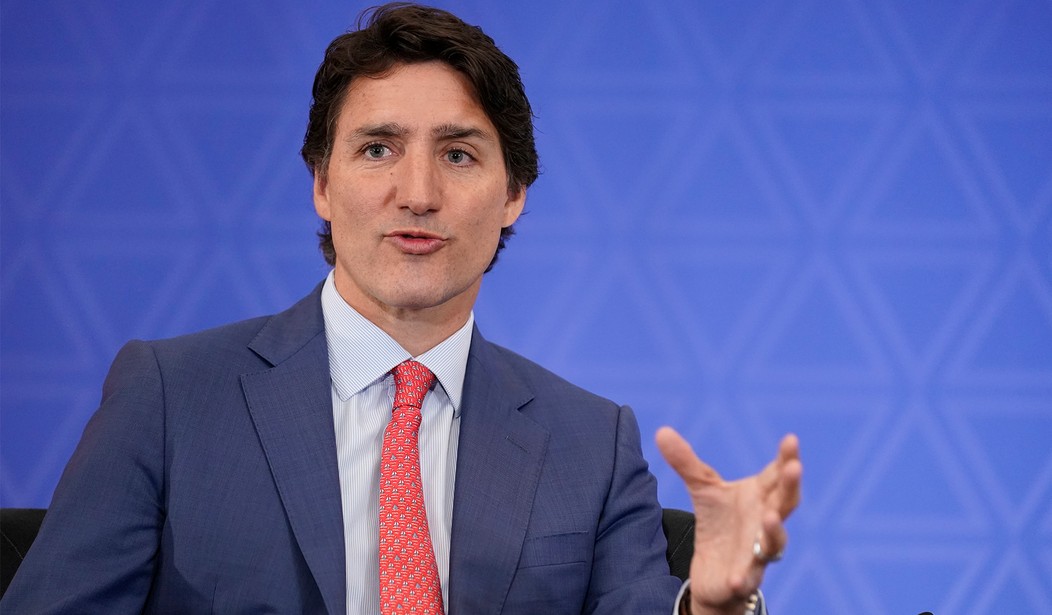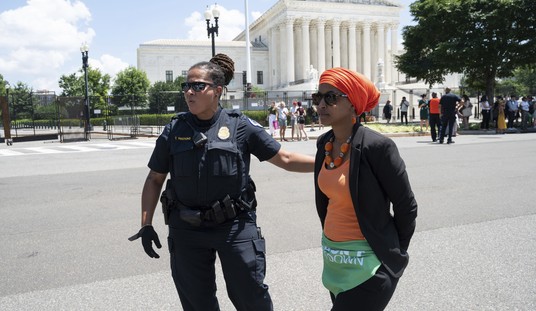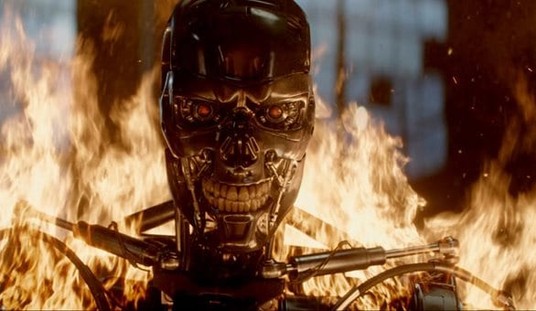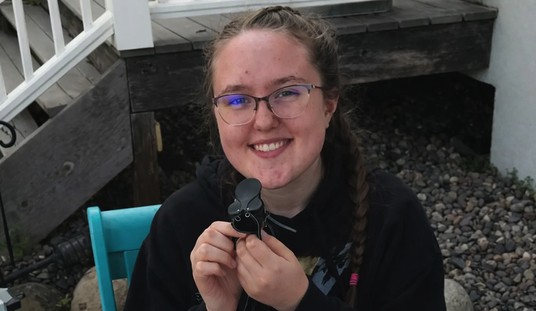Canada's woes seem to grow more serious day by day. Through much of its history, the Great White North has been a place of great momentum rather than great advances. Living comfortably under the United States' defense envelope through the Cold War and on to today, Canada has been, for the most part, peaceful and uneventful, populated by people with a reputation for politeness and a government that was to the left of America's. In general, things went along pretty well.
That is changing now. Canada's Parliament has been hit with allegations of, yes, treason, and Prime Minister Justin "Castro" Trudeau is looking distinctly uncomfortable about the whole thing - while the Canadian Conservatives' Pierre Poilievre is hammering the PM over the affair.
The new report from the National Security and Intelligence Committee of Parliamentarians (NSICOP) is the first to suggest that lawmakers in Canada’s parliament may have helped foreign actors meddle in political campaigns and leadership races. Heightened anxiety in Ottawa about foreign interference comes in the middle of historic global elections where factors such as artificial intelligence and emboldened foreign powers are testing the resilience of democratic systems.
Prime Minister Justin Trudeau has been on the defensive since the allegations broke Monday. Conservative Leader Pierre Poilievre is calling on the government to name names.
“The national security committee indicates there are members of this House that have knowingly worked for foreign hostile governments,” Poilievre said Wednesday. “Canadians have a right to know who and what is the information — who are they?”
Looking at this whole thing as a citizen of the United States, one has to admit it all has a familiar ring to it. So what is the evidence?
The all-party NSICOP said Monday that it has reviewed intelligence that suggests “semi-witting or witting” parliamentarians have worked with foreign missions to mobilize voters during a political campaign; have taken cash “knowingly or through willful blindness” from foreign missions or their proxies; and have shared privileged information with foreign diplomatic officials.
The committee with top-security clearance said it based its findings on more than 4,000 documents and some 1,000 pieces of evidence. Its report said China remains the largest foreign interference threat to Canada with India the second.
"Treason" may be a bit of a stretch here. Treason is normally defined as:
The offense of attempting by overt acts to overthrow the government of the state to which the offender owes allegiance
These acts appear to be attempts to influence the government but not to overthrow it. Still, that's a bit of pedantry over a serious issue, and that issue is the integrity of Canada's elections. And again, this all has a familiar ring to it.
See Related: WATCH: Canadian Conservative PM Candidate Gives Master Class in Handling Activist Disguised as 'Reporter'
Canadian Senator Speaks in Cringey 'Gen Z' Language As She Proposes to Allow 16-Year-Olds to Vote
It's not a huge stretch to think this could be a trial run for those same outside actors to try to influence an American election. The cultural similarities between the United States and Canada make Canada the perfect testing ground for any kind of geopolitical shenanigans. What's not clear is what these outside actors are trying to accomplish, because this issue sure seems like it's handed Conservative leader Pierre Poilievre a great big political stick with which to whack Trudeau and the Liberal Party.
What's really interesting about all this is the Trudeau government's reluctance to name names. As Poilievre points out, there is evidence that members of Canada's House of Commons are implicated in this scandal, but the government isn't releasing names. Why? One would think that, at the very least, the affiliation of those persons should be known, and if Canada's government works anything like the current United States government, then we can be sure that if these people were from the Conservative Party, their names would have been made public tout suite. But, since they haven't been released, we look to the north (or in my case, to the east), Canadians look to Ottawa, and we wait to see what happens next.
You can read the entire NSICOP report here.














Join the conversation as a VIP Member